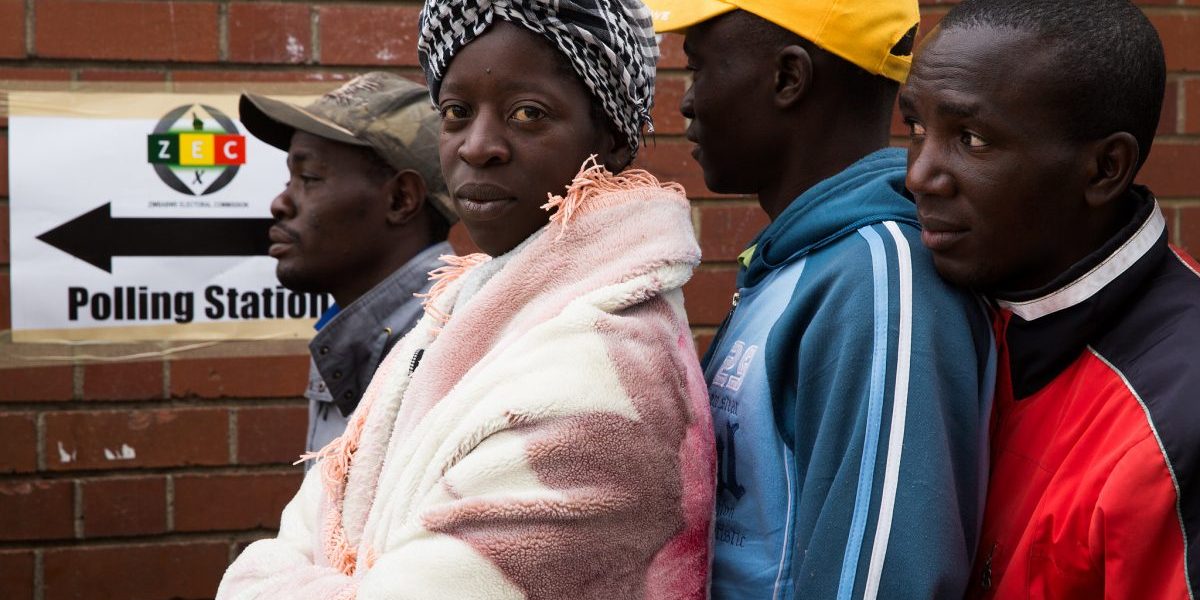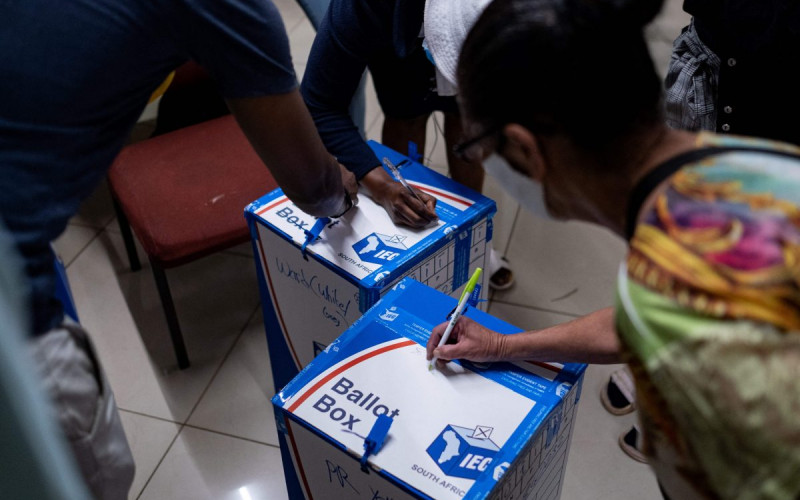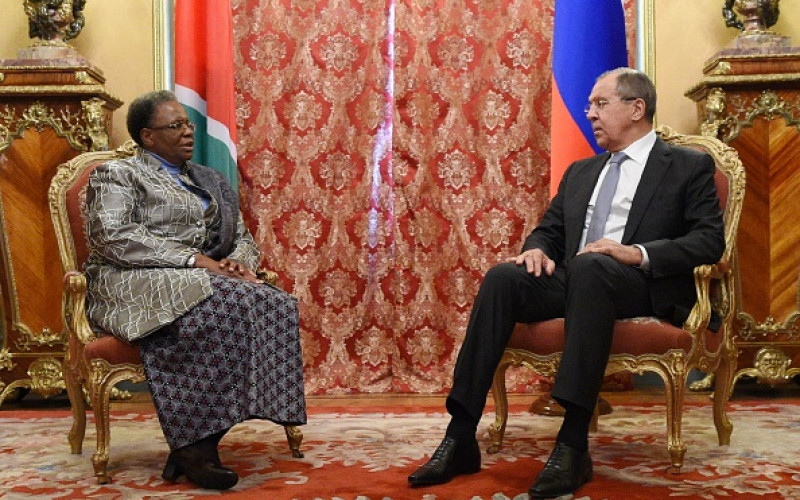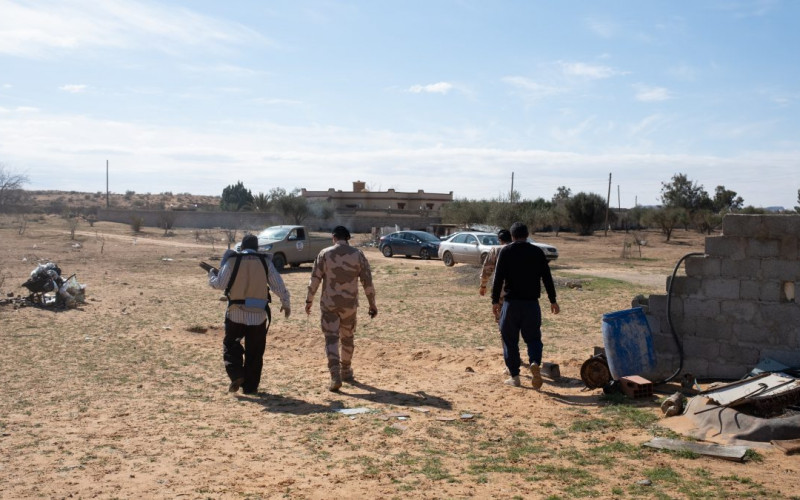Mbeki who worked in Zimbabwe for 10 years as a journalist said Mugabe’s Zanu-PF had mobilised a ‘massive’ structure of political violence against opponents in order to win a two thirds majority in parliamentary elections next March.
The Zanu-PF government, has mobilised a structure of violence against the opposition and against the population in general, which is massive,’ Mbeki told the latest issue of Mineweb, an international mining publication focusing on mining finance and corporate news.
“I talked to one of my old friends – I was an old supporter of Zanu-PF myself in the old days, and I still talk to them – and I was talking to one of the bigwigs in Zanu-PF a few weeks ago, and he was telling me ‘look, what we are going to do is make sure we win two-thirds of the majority, and then we will see what happens’. Now, how do you make sure you win two-thirds of the vote unless you are not planning to have a free and fair election?”
In the past week, the opposition Movement for Democratic Change (MDC) said violence against its supporters was on the increase, also accusing the police of intimidation.
Nelson Chamisa, an MDC MP and leader of the party’s youth wing was arrested for addressing a meeting in his own house under harsh new security laws. Police also arrested Lovemore Madhuku, leader of the National Constitutional Assembly for a breach of the same laws after leading a public demonstration against a new Bill which seeks to outlaw non-governmental organisations.
Mbeki said: ‘Zanu-PF have also so destroyed the core of their own economy, which was commercial agriculture and peasant agriculture. They have destroyed that part of the economy. I was reading that the tobacco crop is only a quarter of what it was in 2000, so in a way Zimbabwe is finished, it is almost dead and the people who are in power are determined to stay in power.’
He said President Mbeki was faced with a policy crisis on Zimbabwe because any criticism of Mugabe’s regime could be interpreted as interference in the running of a sovereign country.
“I think the issue of Zimbabwe for our government, for the ANC government in particular, is a very complex one. Firstly the ANC never supported Mugabe, it supported Joshua Nkomo. So Mugabe, what can I say, he twists the arm of the ANC and says, ‘Well, now it’s your turn to support me’. So this is one of the problems we are faced with in Zimbabwe. Secondly, Zimbabwe is a very tribally-conscious society. Now the Shona, who were the dominant tribe in Zimbabwe, are very conscious, the ones in Zanu-PF are very conscious, of the Ndebele having conquered their country in the past, and of the whites from South Africa having conquered their country in the past. So again they are constantly saying, ‘You people, you have designs on our country’. So if we turn around and say, ‘Support democracy in your country”, they will say, ;Ah, you’re trying to have another conquest of our country and are trying to dictate to us’.
‘So the South African government is in a very, very tricky position from the historical perspective, but also we always forget we have a new government. The ANC government is a new government, it is not experienced in foreign policies. It is still finding its way. If old governments like the British government and the American government can make big mistakes like in the Middle East, imagine what a baby government like the ANC government, which it is, a baby government, might do in issues of international relations,’ he said.






